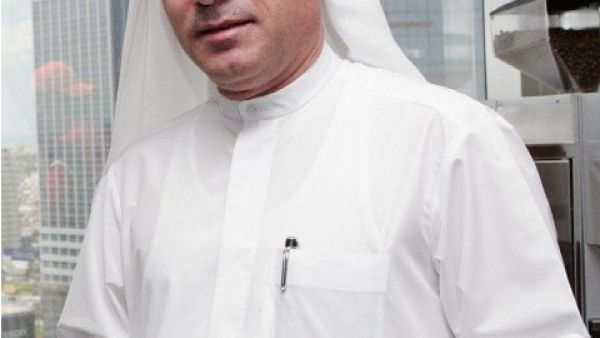Business Software Alliance urges Gulf countries to further intensify campaign against piracy

Business Software Alliance (BSA), the leading global organisation that is the voice of the global commercial software industry, today announces that Gulf countries have maintained their respectable track record in the global fight against piracy. BSA, however, also pointed out that more significant steps have to be taken to further improve the piracy ratings of countries in the Middle East and Africa (MEA) region, where the overall piracy rating has reached 58 per cent, according to the 8th Annual Global Software Piracy Study.
BSA revealed that it will further strengthen its partnerships with key government agencies and private sector organisations in the GCC to raise awareness about anti-piracy issues and to intensify its ongoing campaign against counterfeiters in the region.
The UAE again has the lowest piracy rate at 36 per cent in the Arab World for the 13th consecutive year. It is the only Arab country listed among the top 30 countries worldwide with the lowest piracy rate. The countries with the lowest piracy rate worldwide are Japan, Luxemburg and the USA, all at 20 per cent.
The Global Software Piracy Study, which covered 116 countries, also reported that a total of 51 countries were able to improve their piracy levels as a result of various anti-piracy initiatives such as vendor-driven legalization programs, government-driven education programs, enforcement actions and enterprise software legalization initiatives. There were 48 countries that maintained their piracy levels, while only 12 countries worldwide saw their piracy rates increase.
The worldwide piracy rate in 2010 stood at 42 per cent, while the rate of piracy in the MEA region was 58 per cent. The total commercial value of pirated software worldwide in 2010 was USD 58.8 billion, while the total loss in the MEA region was USD 4.078 billion.
The study was conducted by BSA in partnership with IDC and this year also includes a new dimension: a public-opinion survey of PC users on key social attitudes and behaviours related to software piracy, conducted by Ipsos Public Affairs.
The global opinion survey found strong support for intellectual property rights, with seven in 10 respondents expressing support for paying inventors for their creations to promote more technology advances. Strikingly, support for intellectual property rights was strongest in markets with high piracy rates.
The survey also found widespread recognition that licensed software is better than pirated software, because it is understood to be more secure and more reliable. The problem is many PC users lack a clear understanding of whether common ways of acquiring software, such as buying a single program license for multiple computers or downloading a program from a peer-to-peer network, are likely to be legal or illegal.
Jawad Al Redha, Business Software Alliance Chair, Gulf Region, said: “While it is good to see that countries in the GCC have managed to prevent piracy levels from increasing through various proactive measures that have been implemented over the years, the BSA is committed to further intensifying its anti-piracy and enforcement initiatives over the coming months to control the spread of piracy and, most importantly, to reduce piracy levels in the region. Our continued cooperation with key government agencies as well as private sector organisations will be crucially important as we seek to further strengthen the reputation of different countries in the Arab World as leading advocates of the global anti-piracy campaign. The Five-Point Blueprint,
for example, that BSA recently outlined and which seeks to increase public awareness and education, serves as a significant step forward towards achieving our ultimate goal of protecting our societies from the threat of piracy."
“Microsoft, as a member of the BSA, is working to address the risks posed by counterfeit software, which can have a devastating impact on the livelihoods of consumers, the productivity of small businesses, and economies of countries,” explains Dale Waterman, Corporate Attorney for Anti-Piracy Microsoft in the Middle East and Africa, and also Chairman of the BSA’s Middle East and Africa Member Committee. “As methods to manufacture and sell counterfeit software are becoming more sophisticated, there is an urgent need for greater awareness of this critical problem. Unsuspecting consumers are at risk of downloading or purchasing counterfeit software that can expose victims to spyware, malware and viruses that can lead to identity theft, loss of data, and system failures,” added Waterman.
Background Information
Business Software Alliance
BSA | The Software Alliance (www.bsa.org) is the leading advocate for the global software industry before governments and in the international marketplace. Its members are among the world’s most innovative companies, creating software solutions that spark the economy and improve modern life.
With headquarters in Washington, DC, and operations in more than 60 countries, BSA pioneers compliance programs that promote legal software use and advocates for public policies that foster technology innovation and drive growth in the digital economy.






